Friendship close its eye, rather that see the moon eclipst; while malice denies that it is ever at the full
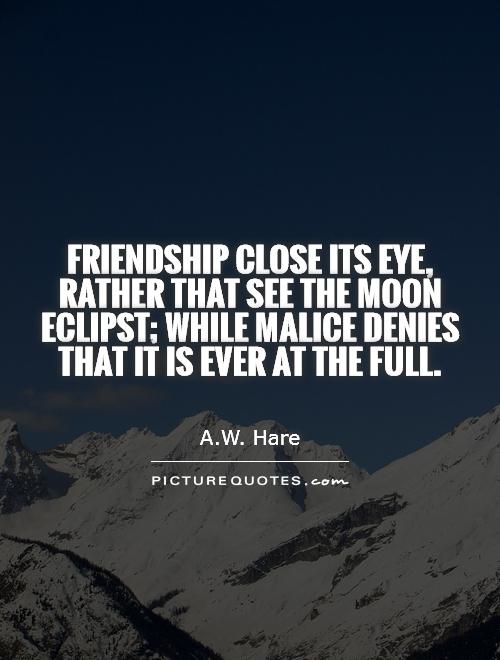
Friendship close its eye, rather that see the moon eclipst; while malice denies that it is ever at the full
In the context of "aw hare", the phrase "Friendship closes its eye, rather than see the moon eclipsed; while malice denies that it is ever at the full" takes on a deeper meaning. "Aw hare" is a term used to describe a close-knit group of friends who share a strong bond and support each other through thick and thin. In this context, the idea of friendship closing its eye to avoid seeing the moon eclipsed can be interpreted as friends choosing to overlook each other's flaws and imperfections in order to maintain the harmony and closeness of their relationship.Just like the moon, friendships go through phases of light and darkness, highs and lows. However, true friends are willing to look past the shadows and focus on the brighter aspects of their relationship. They choose to see the beauty and light in each other, even when faced with challenges or conflicts. This is what sets genuine friendships apart from superficial connections – the ability to weather the storms and come out stronger on the other side.
On the other hand, malice represents the opposite of friendship – it is the presence of ill will, envy, and negativity that can poison relationships and breed resentment. Malicious individuals are quick to point out the flaws and shortcomings of others, often exaggerating or fabricating faults in order to bring them down. In the context of "aw hare", malice denies that the moon is ever at the full, suggesting that those who harbor ill intentions towards their friends are unable to see the beauty and goodness in them. Instead, they choose to focus on the negative aspects and refuse to acknowledge the full potential and greatness of their friends.

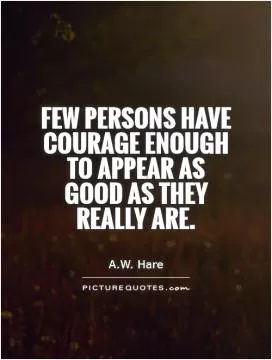
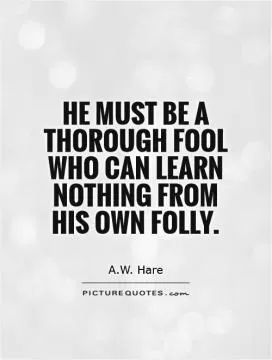



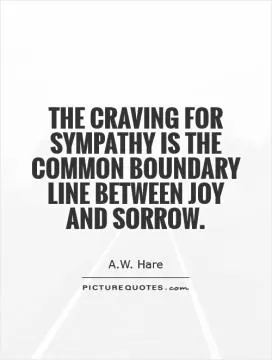
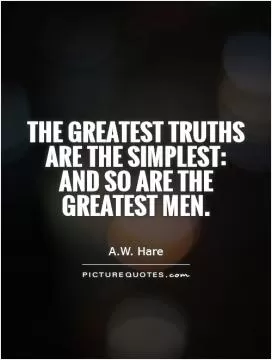
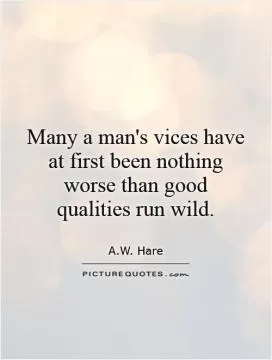

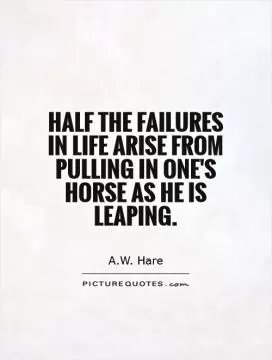
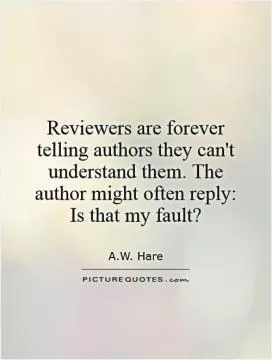
 Friendship Quotes
Friendship Quotes Love Quotes
Love Quotes Life Quotes
Life Quotes Funny Quotes
Funny Quotes Motivational Quotes
Motivational Quotes Inspirational Quotes
Inspirational Quotes